Measurement areas
- Governance & Strategy
- Genetic Resources
- Intellectual Property
- Research & Development
- Seed Production
- Marketing & Sales
- Capacity Building

The Access to Seeds Index is now part of the World Benchmarking Alliance. All indexes up to 2020 can be found here. New indexes and methodologies are published on the website of the WBA.
Stay here worldbenchmarkingalliance.orgThe Access to Seeds Index evaluates leading seed companies with an integrated seed business model (including breeding, production and distribution) and activities in food crops. The selection of global companies is based on seed revenues, presence and portfolio, while the selection of regional companies is the result of landscaping studies of national seed sectors to identify leading companies in each region. The methodology development is overseen by expert review committees, composed of global experts and experts from the regions.
The landscaping studies resulted in the selection of 24 seed companies for the Access to Seeds Index for South and Southeast Asia. Evaluation of company performance is based on publicly available information as well as information provided through active company engagement. Three-quarters of the selected companies disclosed additional data via a questionnaire. The index therefore offers insights not yet available in the public domain.
The index is a relative ranking, which compares companies with each other rather than against an absolute, ideal state. As such, companies set and raise the bar. The index uses a weighted scorecard approach to measure and compare company performance. A total of 59 indicators are grouped in seven measurement areas. Each measurement area has four categories of indicators: Commitment, Performance, Transparency and Leadership. A company’s overall score is the weighted sum of the scores in each measurement area.
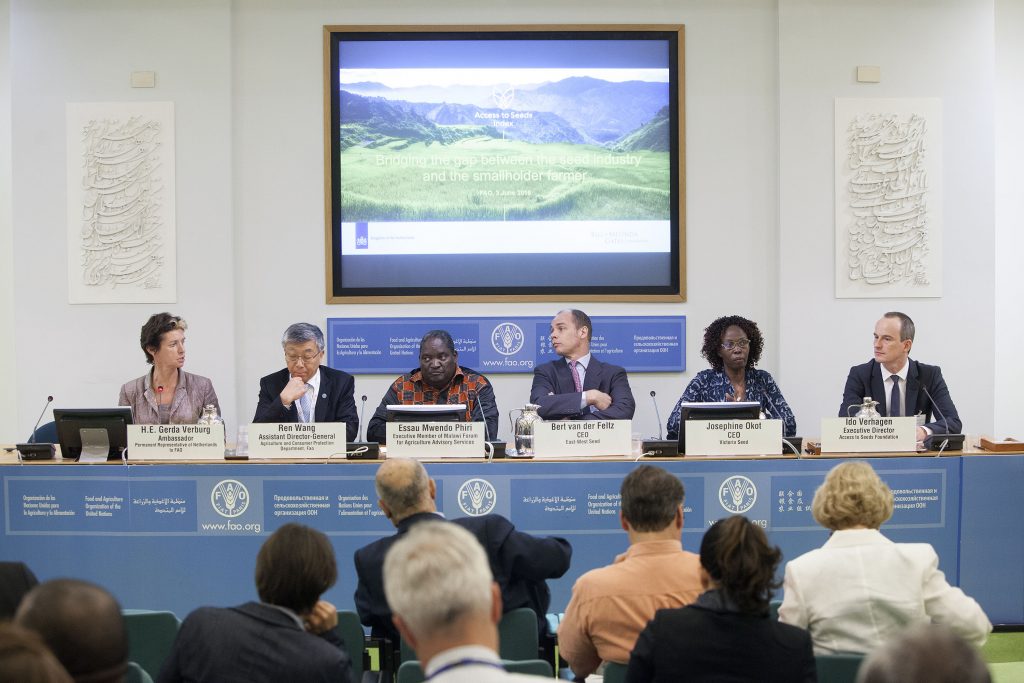
The initiative to develop an Access to Seeds Index for South and Southeast Asia was announced at the FAO in Rome, Italy on June 3, 2016.
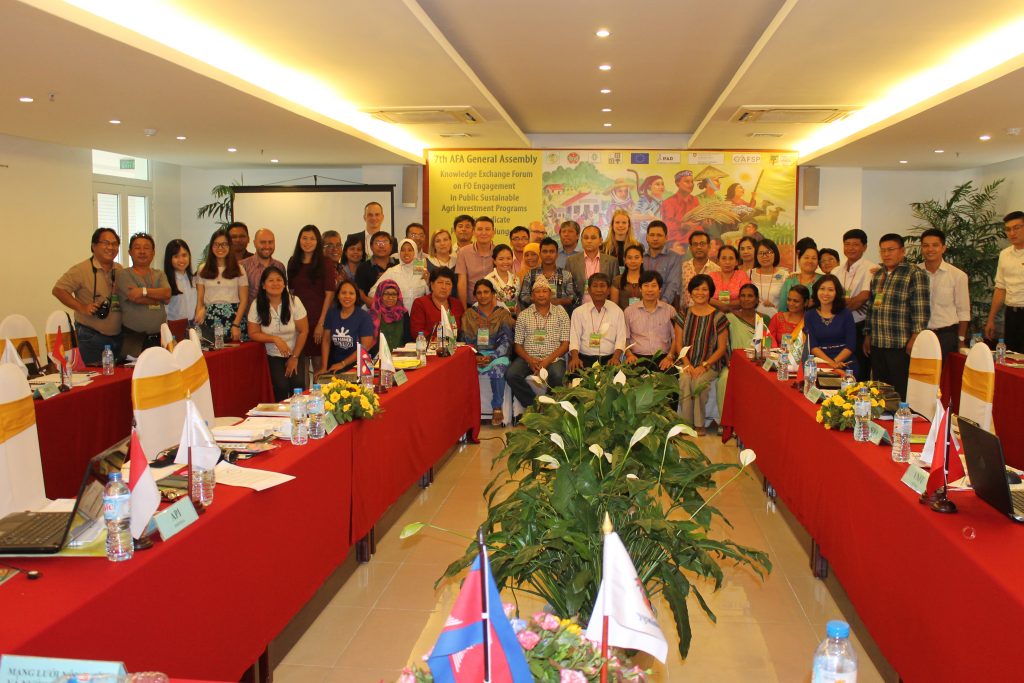
The Asian Farmers’ Association for Sustainable Rural Development endorsed the initiative at its General Assembly meeting in Hanoi, Vietnam on August 6, 2016.
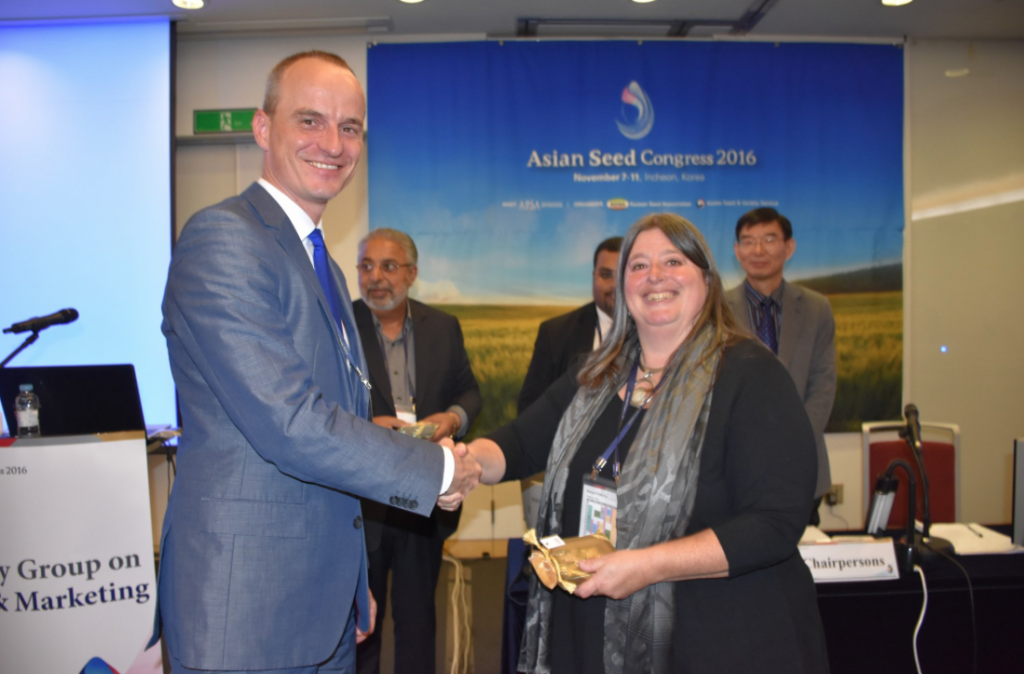
At the 2016 APSA Seed Congress in Incheon, South Korea, the plan to develop the Access to Seeds Index for South and Southeast Asia was presented to the regional industry.
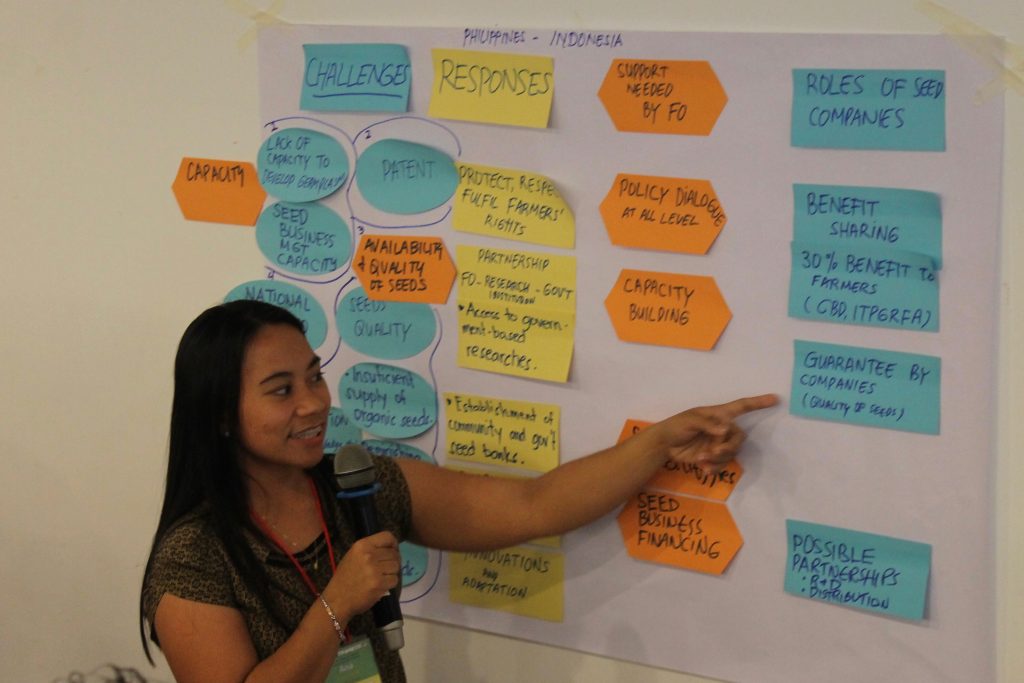
Throughout 2016 and 2017, regional stakeholders provided input for the methodology during workshops or individual consultations.
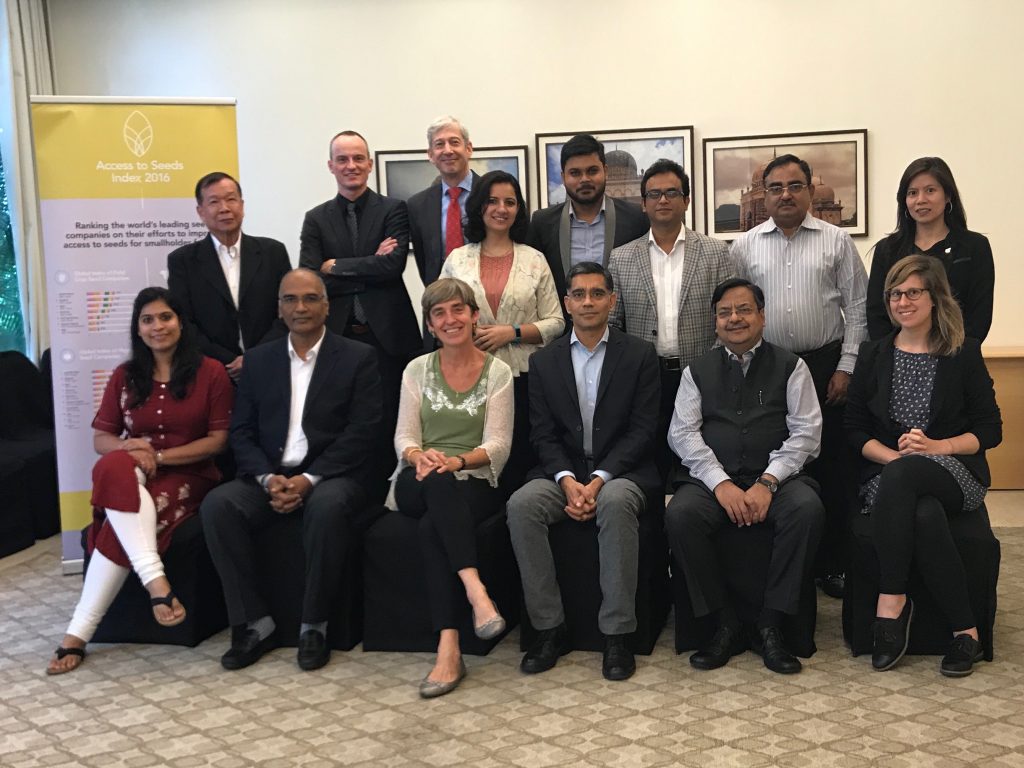
Seed experts from South and Southeast Asia met in Hyderabad, India on October 24, 2017 to discuss the methodology for the regional index.
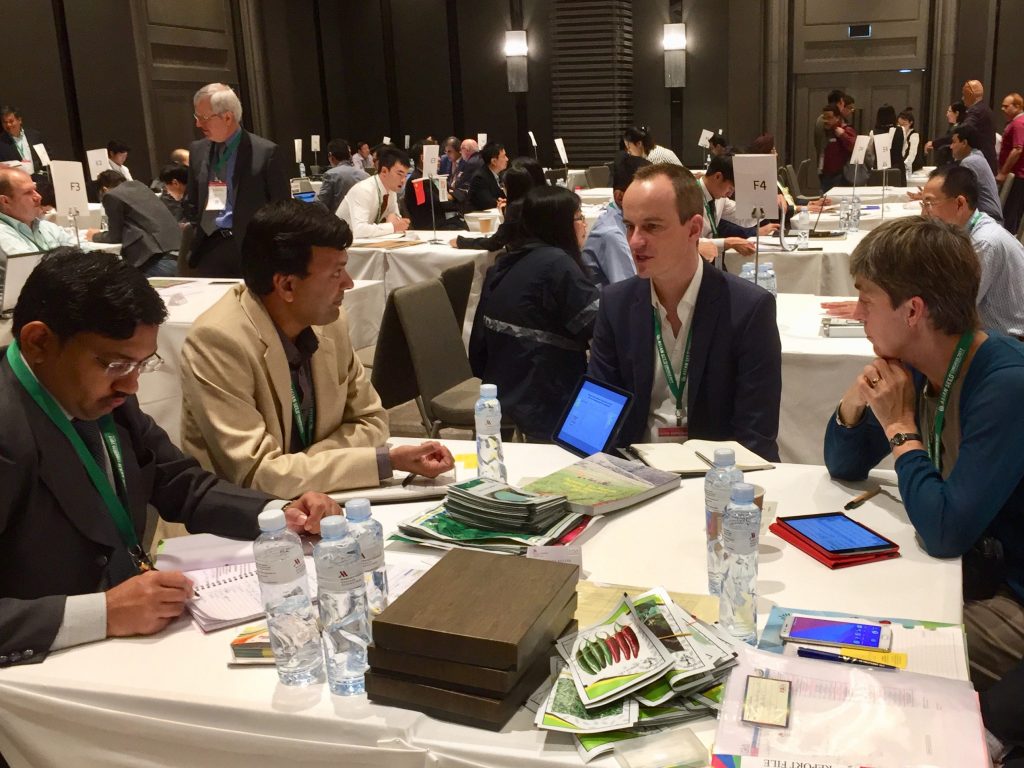
At the 2017 APSA Seed Congress in Bangkok, Thailand, the Access to Seeds Index team met with several of the companies included in the Index for South and Southeast Asia, and outlined the selection and data collection process.